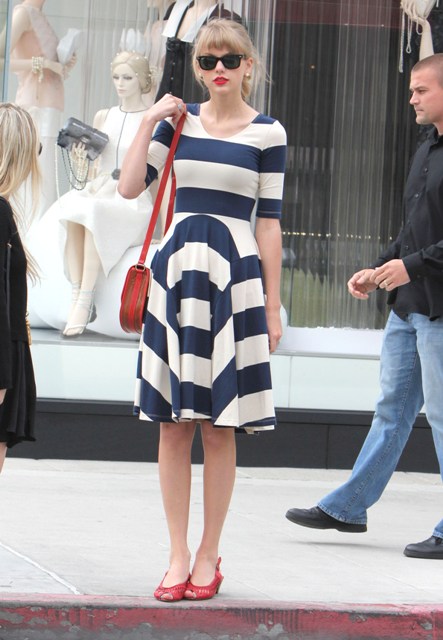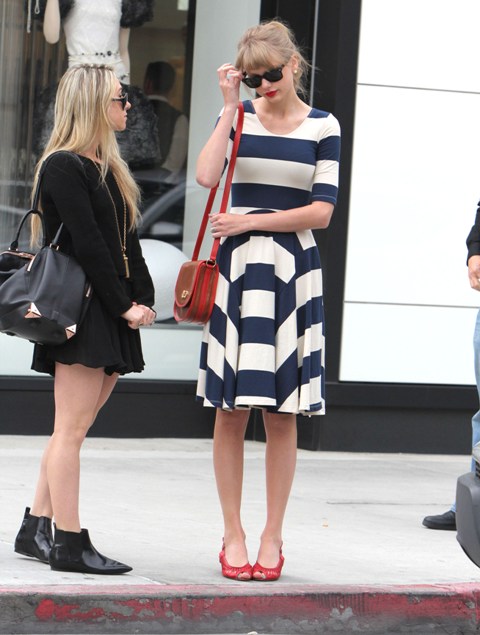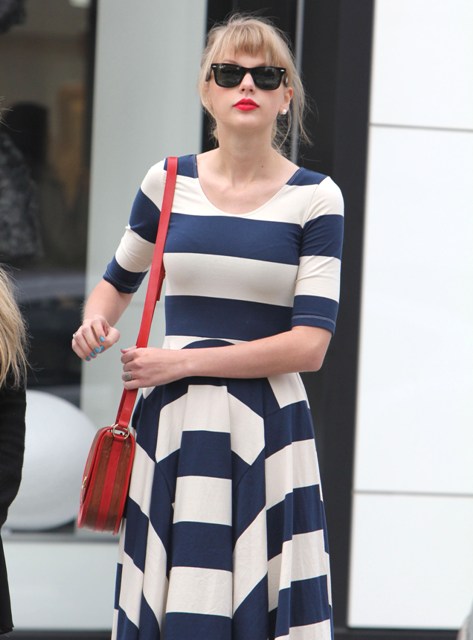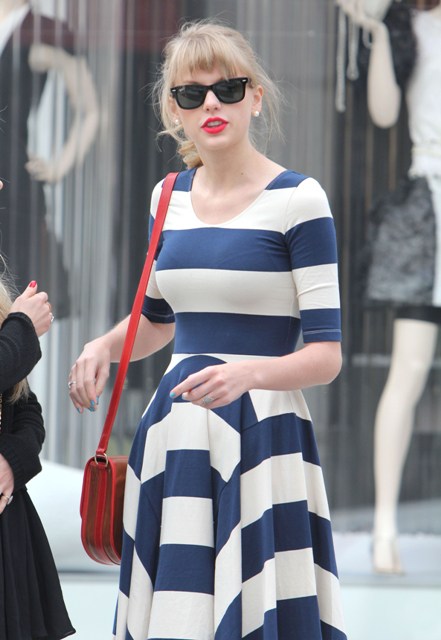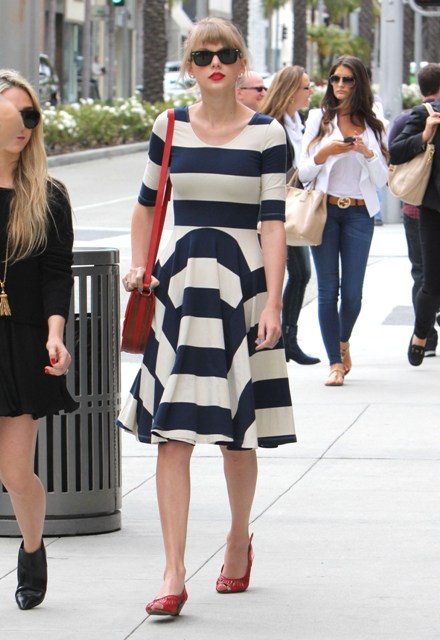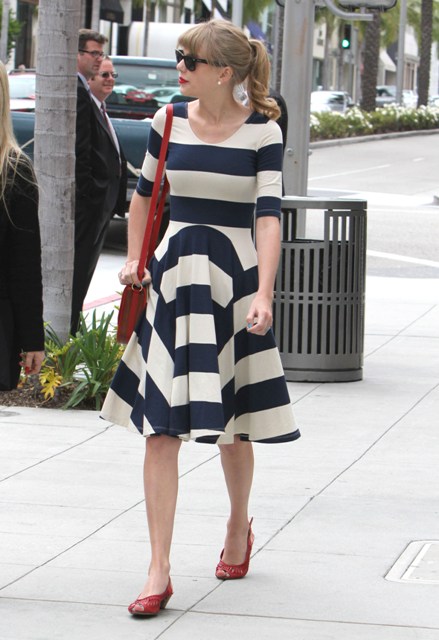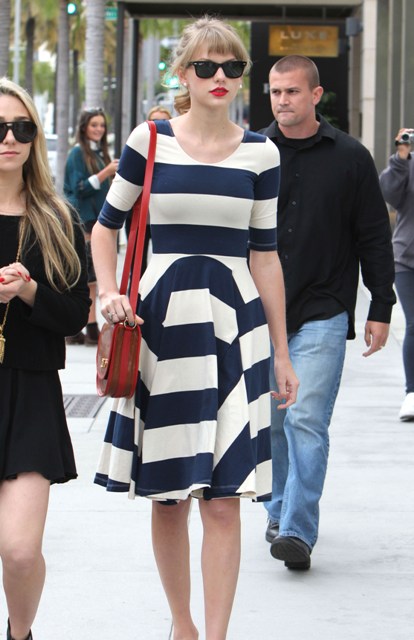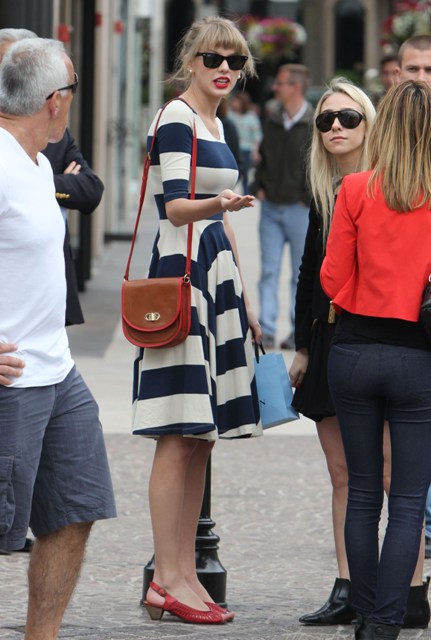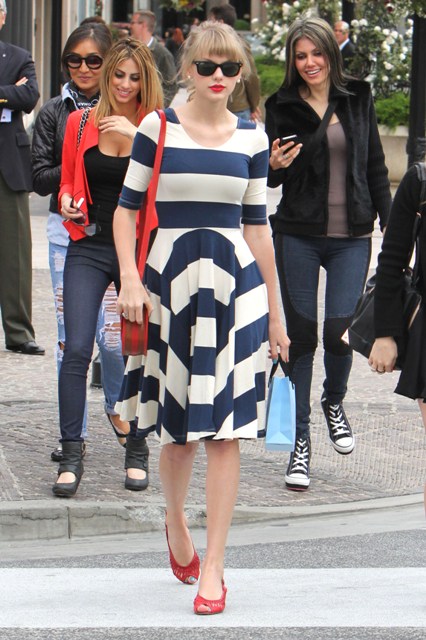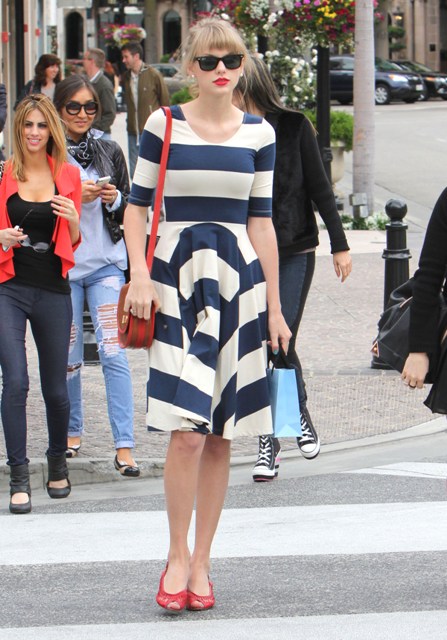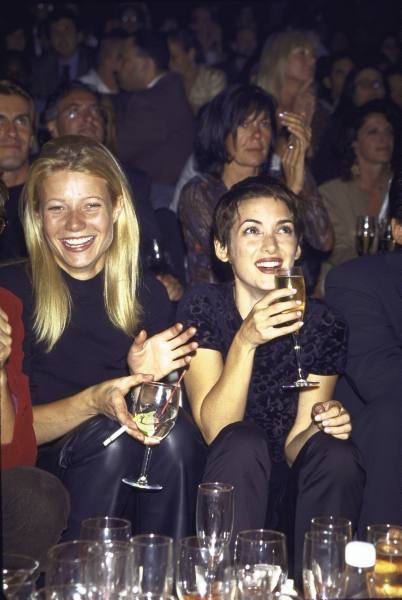Girls Like Us...now


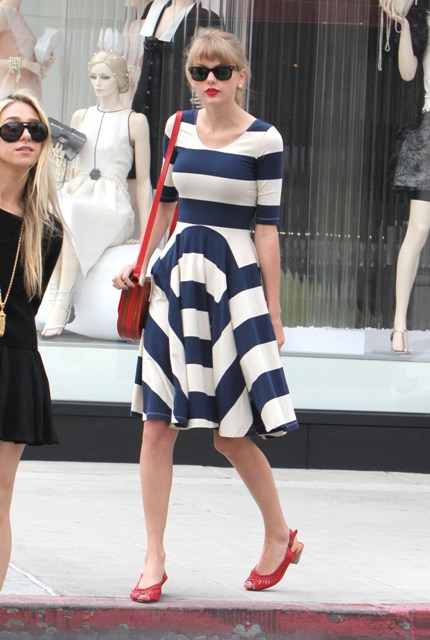
Three years ago I was obsessed with a book by Sheila Weller called Girls Like Us, a triple biography intersecting the histories of Carole King, Joni Mitchell, and Carly Simon. Click here for my review from December 17, 2008.
Their lives were, obviously, fascinating. But for me, as a child of immigrants, born to parents without a Western pop culture experience to pass on, Girls Like Us was a discovery, not just of the music but of the time. Here were three artists, women!, who chose something else when few women could even imagine a different set of options. And though they eventually entered into a world of privilege, their journeys were defined by the same struggles that so many other ordinary women of the era were encountering too. Disappointed by her husband, Carole faced divorce, single parenthood, and the responsibility of supporting her home. Joni, the strange bird from Saskatchewan, went in search for places she thought she belonged, instead of staying where they told her she belonged. Carly’s career exploded while she was in love with an addict who couldn’t love her when he was sober. She had to manage her own self worth with the need to constantly apologise for her success.
I read and re-read Girls Like Us. I pushed it on everyone I knew. Duana may have stopped speaking to me for a week because I would not shut up. And I believed it all. I believed Weller’s position that Carole, Joni, and Carly represented a new definition of who and what women could be and do, especially interesting in these times, considering that we find ourselves, more than 30 years later, arguably in the midst of a regression juxtaposed with the progression they were able to assert. Like, are we still arguing about birth control? How is it that the most popular “women’s” book on the best seller list that’s supposed to “liberate female sexuality” re: boundary experimentation can only exist in the context of LOVE?
Now they want to turn Girls Like Us into a movie. Of course they do. And Taylor Swift is lobbying to play Joni Mitchell. The obvious immediate reaction is to punch yourself in the face from distress. This is understandable. Joni isn’t quite the “oh gosh, please have a hand heart” girl that you know Taylor Swift to be. At 22, the defining moment - according to her music - of Taylor Swift’s life has been getting dumped via text message by Joe Jonas. At 21, the defining moment of Joni Mitchell’s life was giving up Little Green for adoption.
On the surface, Swifty does indeed seem...
Lite?
But I don’t if it’s fair to put that all on her. She is, after all, the product of a certain generation. And that’s what I worry about where this proposed movie is concerned. Who is it for? Is it for those who already know the story? Because if that’s the case, can that audience accept Taylor Swift in the telling of it? If it’s for a new audience, as an introduction to Joni and Carole and Carly, and Taylor Swift is chosen as a representative of this introduction to the fresh and uninitiated, will they be able to tell the story without modifying it so as to be more palatable to the kind of girls who go to Taylor Swift concerts?
It’s not like they were braiding each other’s hair and eating marshmallows at the house in Laurel Canyon right? And if they were doing that it was AFTER doing something else. A lot of something else.
But acting is acting. That Taylor Swift isn’t Laurel Canyon circa 1969 doesn’t mean she can’t play it...right? And if she’s willing to go there, does that mean that Taylor Swift is ready to not be That Girl anymore? Because that’s the only scenario in which it will work for me. Girls Like Us doesn’t work if Taylor Swift is still the girl you know. And if they change Girls Like Us to accommodate a girl like her, well, then it’s not really the girls we knew.
Attached - Taylor Swift out in Beverly Hills yesterday.
Source

